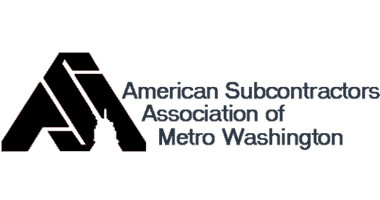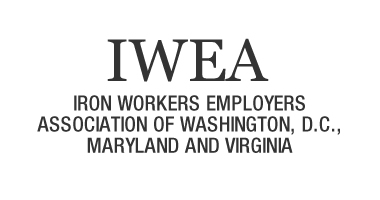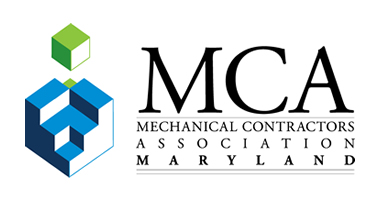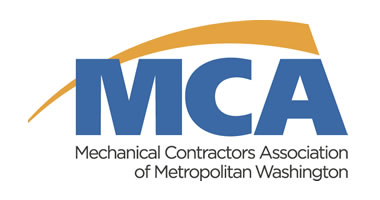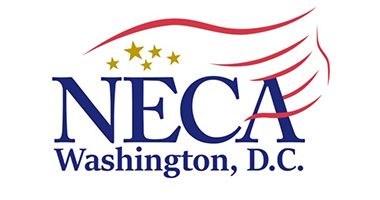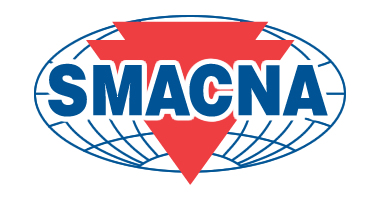May 29, 2019
Felhaber Larson: Minnesota Passes Sweeping Wage-Theft and Employer Recordkeeping Law
During a special session over the Memorial Day Weekend, the Minnesota House and Senate passed an omnibus bill that creates new civil and criminal penalties for “wage theft.” The bill also creates new recordkeeping requirements for Minnesota employers, including the requirement to keep a signed “wage statement” for each employee.
Gov. Walz has indicated that he will sign the bill so it will become effective on August 1, 2019. Here is what the new law will do:
Wage Theft
The new law will make it a crime to commit “wage theft.” Wage theft is any of the following actions by an employer with “intent to defraud”:
· failing to pay an employee all wages, salary, gratuities, earnings, or commissions as required by federal, state, or local law;
· directly or indirectly causing any employee to give a receipt for wages for a greater amount than that actually paid to the employee for services rendered;
· directly or indirectly demanding or receiving from any employee any rebate or refund from the wages owed the employee; or
· making it appear in any manner that the wages paid to any employee were greater than the amount actually paid to the employee.
If the value of wage theft exceeds $35,000, a person may be sentenced to prison for up to 20 years, a fine of up to $100,000, or both.
The wage theft protections will apply to actions that occur on or after August 1, 2019.
Revised Recordkeeping and New “Wage Statements” Requirement
The new law includes several additional recordkeeping requirements for Minnesota employers as well as additional authority for the Minnesota Department of Labor and Industry (DOLI) to monitor compliance.
In addition, the bill creates a new “wage statement” that must be provided to employees in writing at the start of employment. Employees must sign the wage statement and employers are required to keep a copy and provide a new notice if there are any changes.
· Additional Authority for DOLI to Investigate Violations
The bill amends Minnesota Statute 175.20 to allow the Commissioner of DOLI to enter the places of business of employers, during work hours, to investigate potential violations of chapters 177, 181, 181A, and 184. The investigation authority includes the ability to collect various evidence of potential violations of law and to interview witnesses.
· Employers Must Keep Additional Records
The new law requires employers to keep additional employment records, including:
(1) the basis of pay (hourly, salary, piece rate, etc.);
(2) personnel policies provided to the employee, including the date the policies were given to the employee and a brief description of the policies,
(3) a signed copy of the new “wage notice,” which must include certain information like wage rates, vacation, PTO, etc., and must be provided to all employees at the start of their employment as well as if any changes are made.
This section of the law also requires that all records be available for inspection and must be kept at the place where employees are working or kept in a manner that allows the employer to comply with any demand for inspection within 72 hours. The law also creates a new maximum fine of $5,000 for repeat violations of DOLI Industry record keeping requirements.
· Retaliation Protections
The law adds additional retaliation protections for employees who assert rights under the Minnesota Fair Labor Standards Act, Minn. Stat. §§ 177.21 to 177.44, and certain provisions of the Minnesota Employment Code, Minn. Stat. §§ 181.01 to 181.723, or 181.79.
· Earnings Statements Must Include New Information
The new law adds to information required on an employee earnings statement, which must be provided to each employee at the end of a pay period under Minn. Stat. § 181.032. The new information required includes the basis of pay (hourly, salary, piece rate, etc.), any allowances for meals or lodging, and the address and phone number of the employer.
· New Signed Wage Statement for Each Employee
The law also creates a new “wage statement” requirement. Specifically, the law requires all employers to provide a new employee with written notice of the following “at the start of employment”:
(1) the rate or rates of pay and basis thereof, including whether the employee is paid by the hour, shift, day, week, salary, piece, commission, or other method, and the specific 63.24 application of any additional rates;
(2) allowances, if any, claimed pursuant to permitted meals and lodging;
(3) paid vacation, sick time, or other paid time-off accruals and terms of use;
(4) the employee’s employment status and whether the employee is exempt from minimum wage, overtime, and other provisions of chapter 177, and on what basis;
(5) a list of deductions that may be made from the employee’s pay;
(6) the number of days in the pay period, the regularly scheduled pay day, and the pay day on which the employee will receive the first payment of wages earned;
(7) the legal name of the employer and the operating name of the employer if different from the legal name;
(8) the physical address of the employer’s main office or principal place of business, and a mailing address if different; and
(9) the telephone number of the employer.
This notice must be signed by the employee and kept by the employer. The law also would require an employer to provide written notice to an employee whenever anything in the original written notice changes.
· Earnings Paid Every 31 Days; Commissions Paid Every 3 Months
The new law amends Minnesota Statute 181.101 to specify that all earnings, including salary and gratuities, must be paid at least every 31 days. In addition, the law requires that all earned commissions must be paid “at least once every three months.”
The law also removes the 15-day maximum penalty for an employer’s failure to pay wages upon an employee’s demand. Specifically, the law as amended would provide for unlimited penalties after a 10-day notice period:
[I]f payment of wages is not made within ten days of service of the demand, the commissioner may charge and collect the wages earned at the employee’s rate or rates of pay or at the rate or rates required by law, including any applicable statute, regulation, rule, ordinance, government resolution or policy, contract, or other legal authority, whichever rate of pay is greater, and a penalty in the amount of the employee’s average daily earnings at the same rate or rates for each day beyond the ten-day limit following the demand.
A 1/15 penalty for earned but unpaid commissions after the 10-day notice period:
If payment of commissions is not made within ten days of service of the demand, the commissioner may charge and collect the commissions earned and a penalty equal to 1/15 of the commissions earned but unpaid for each day beyond the ten-day limit.
The law also makes clear that it provides a “substantive right to the payment of wages, including salary, earnings, and gratuities, as well as commissions, in addition to the right to be paid at certain times.”
Bottom Line
Employers must take steps to ensure that they comply with the new recordkeeping and wage statement provisions of the law. The bill goes into effect on August 1, 2019, so employers should begin planning as soon as the bill is signed into law.
We will continue to monitor this story as it develops.

